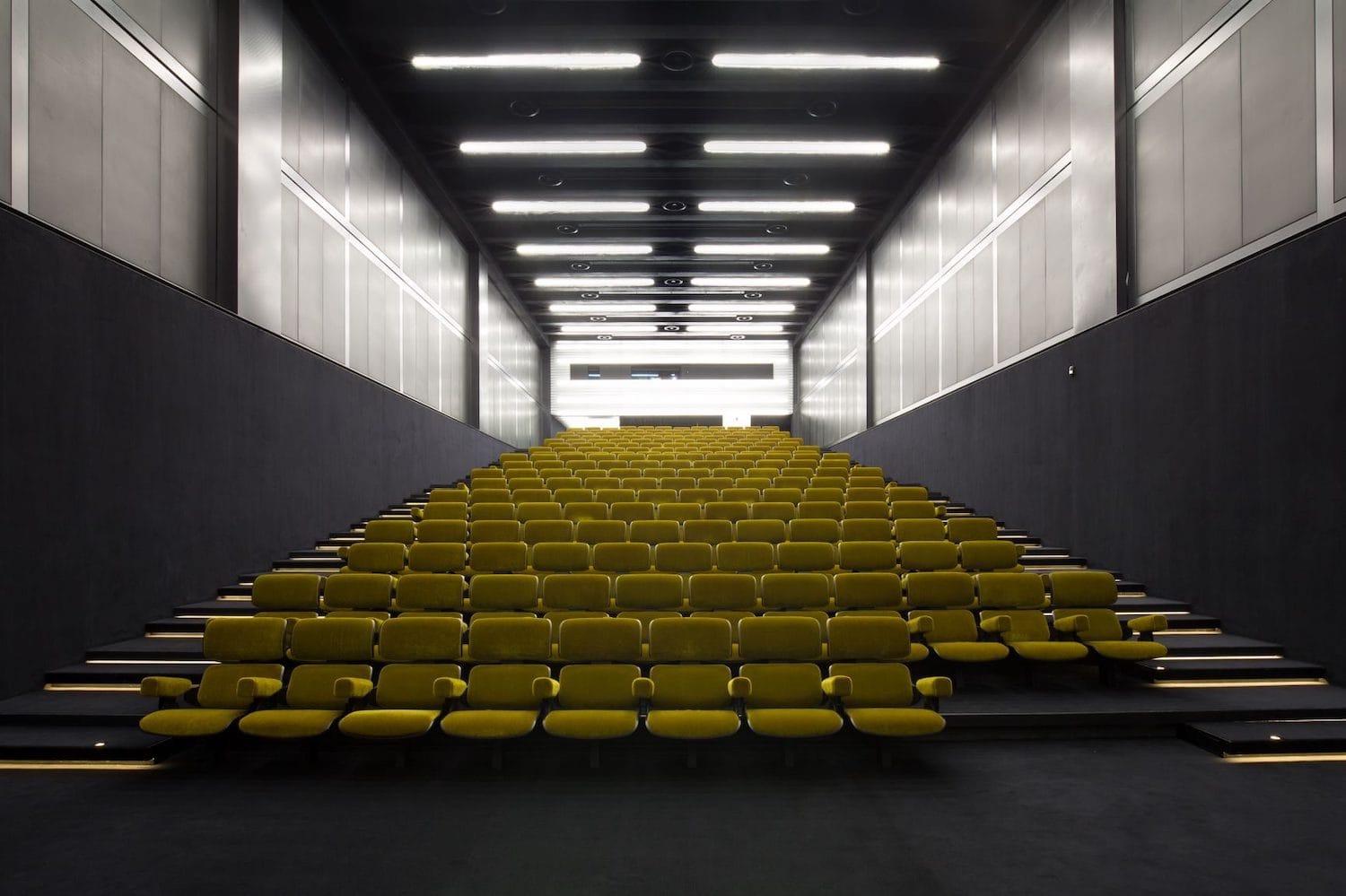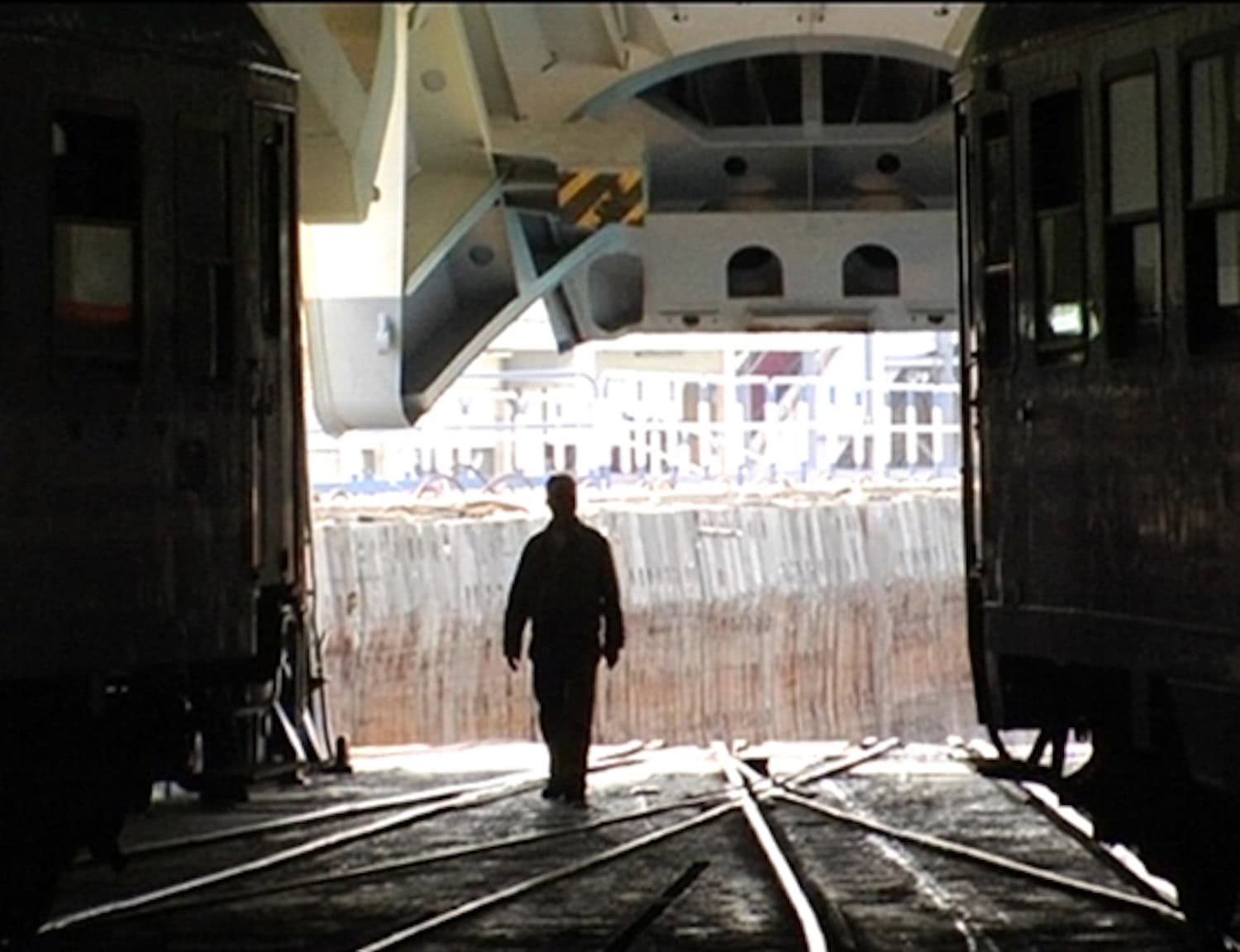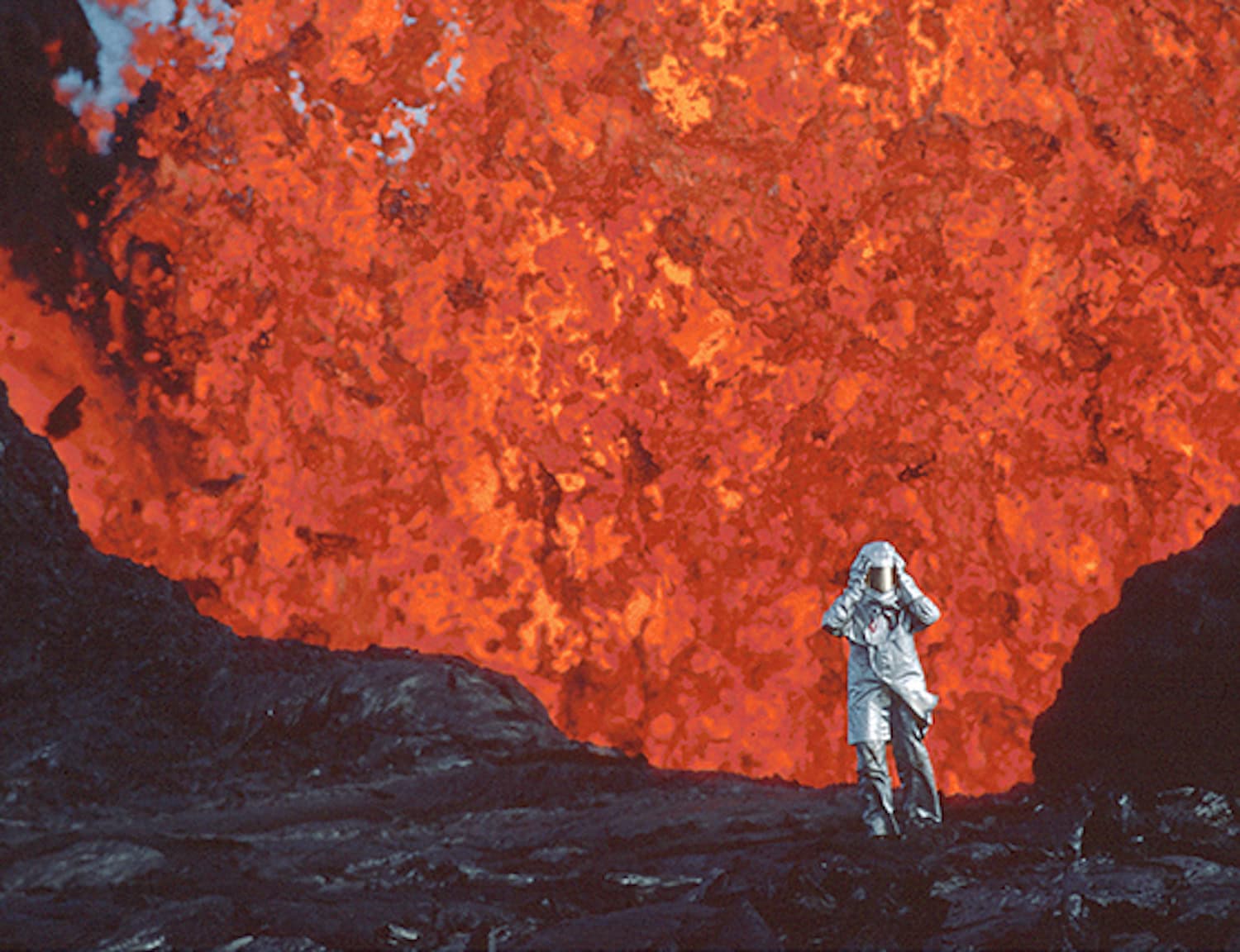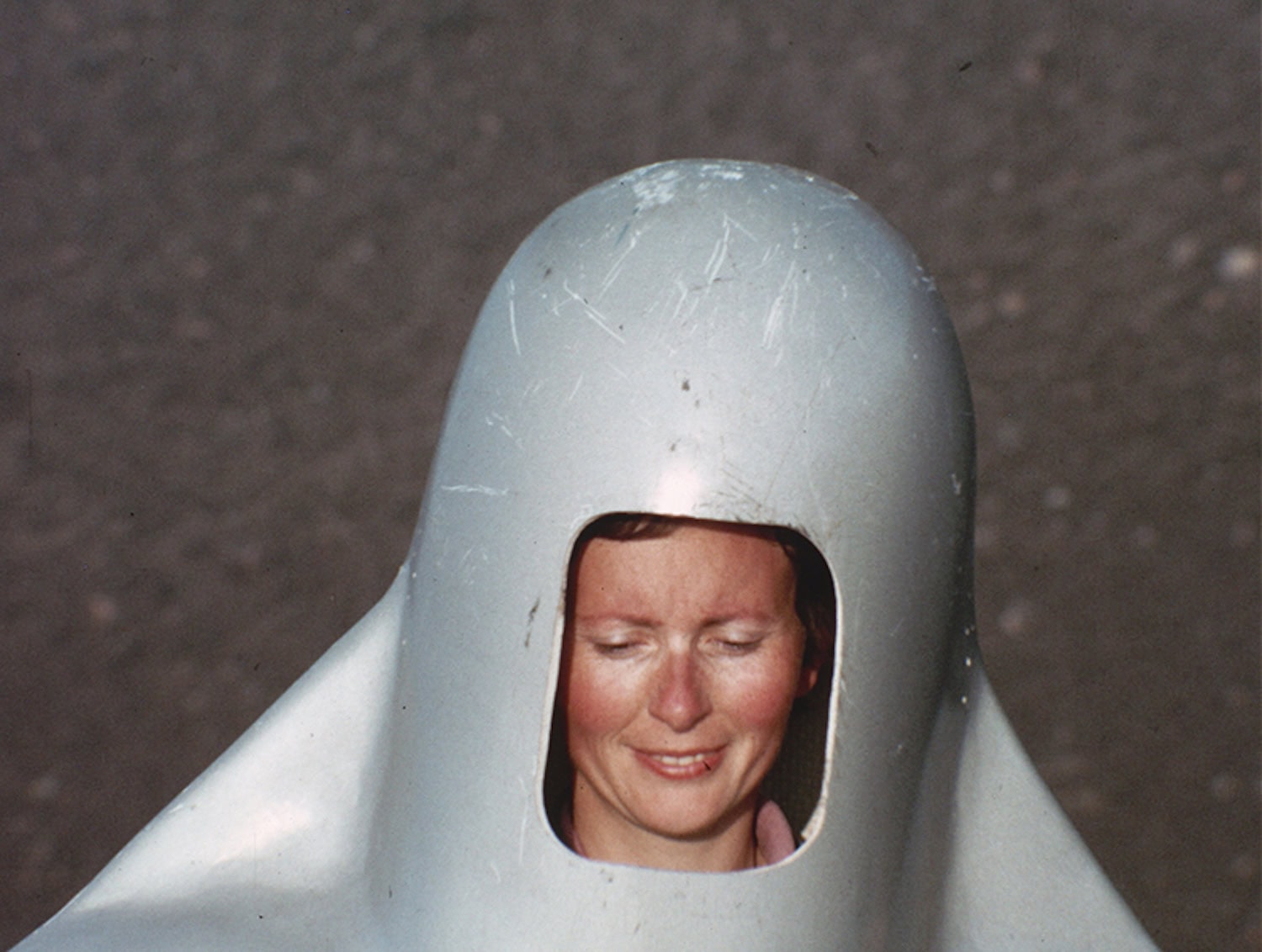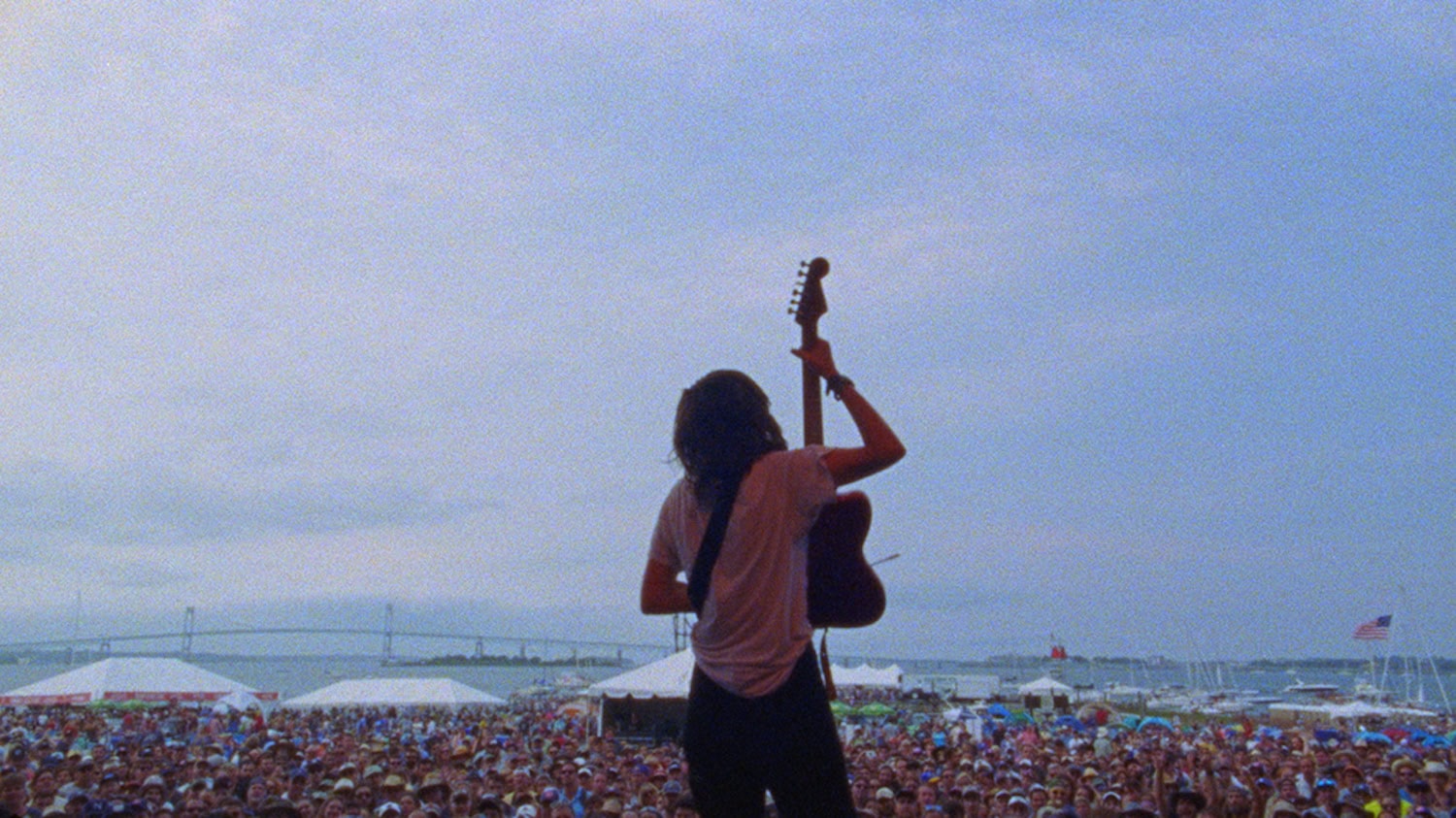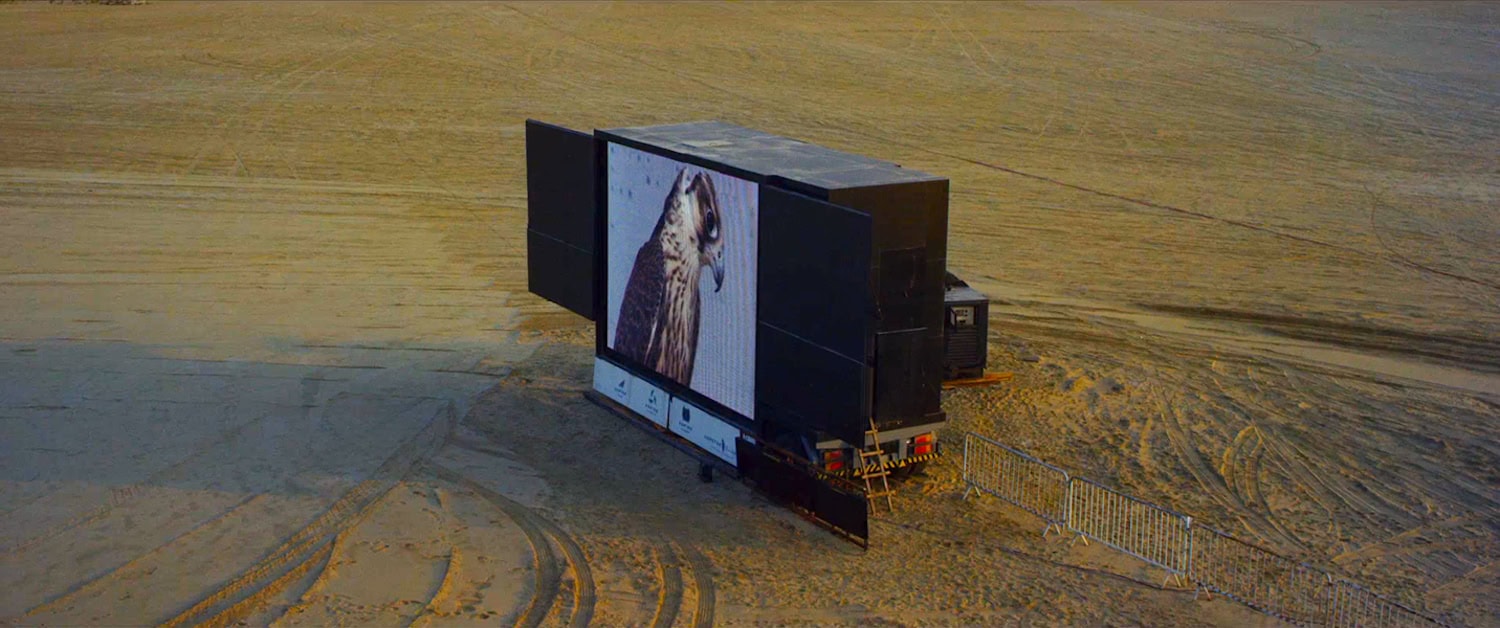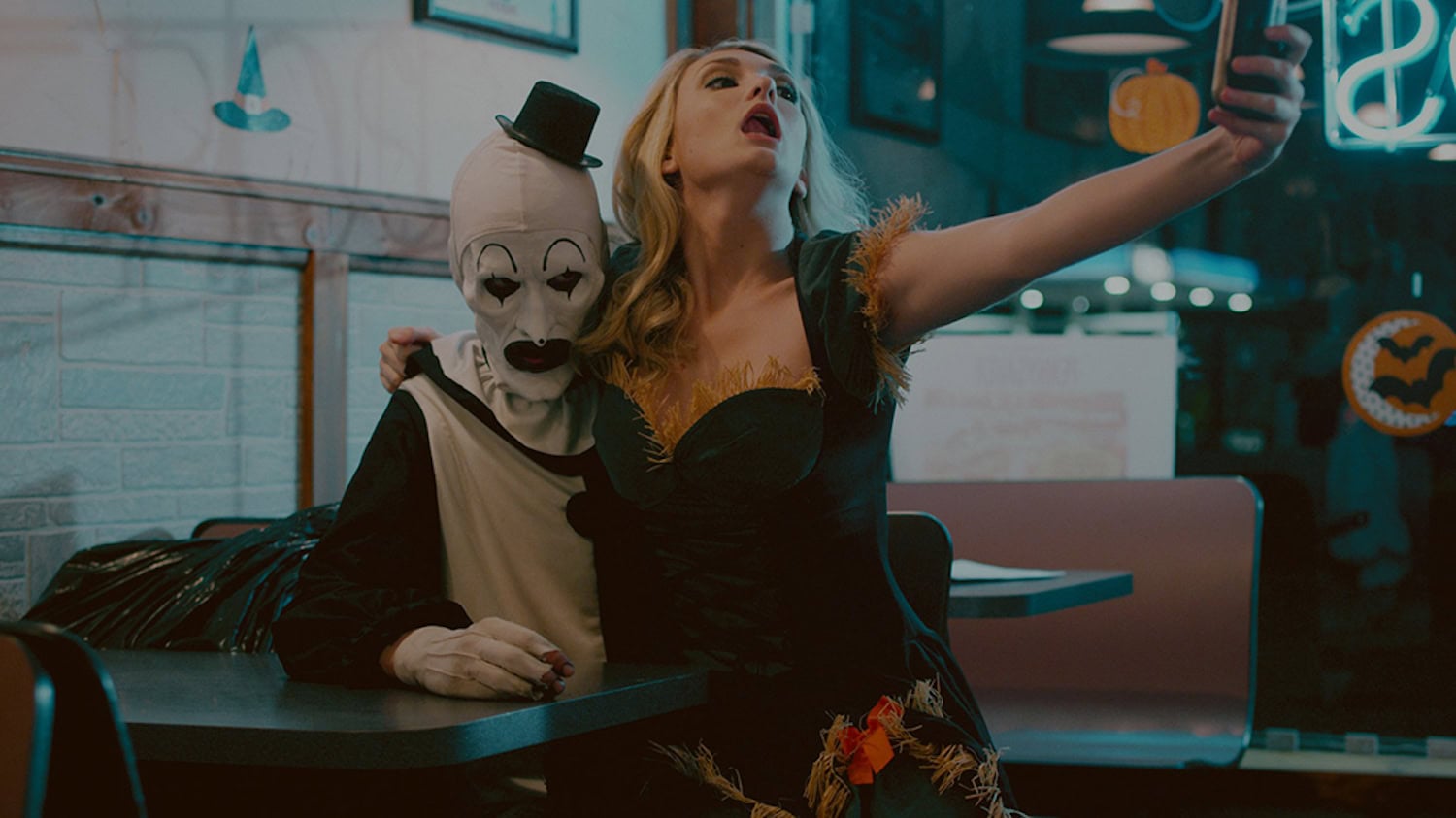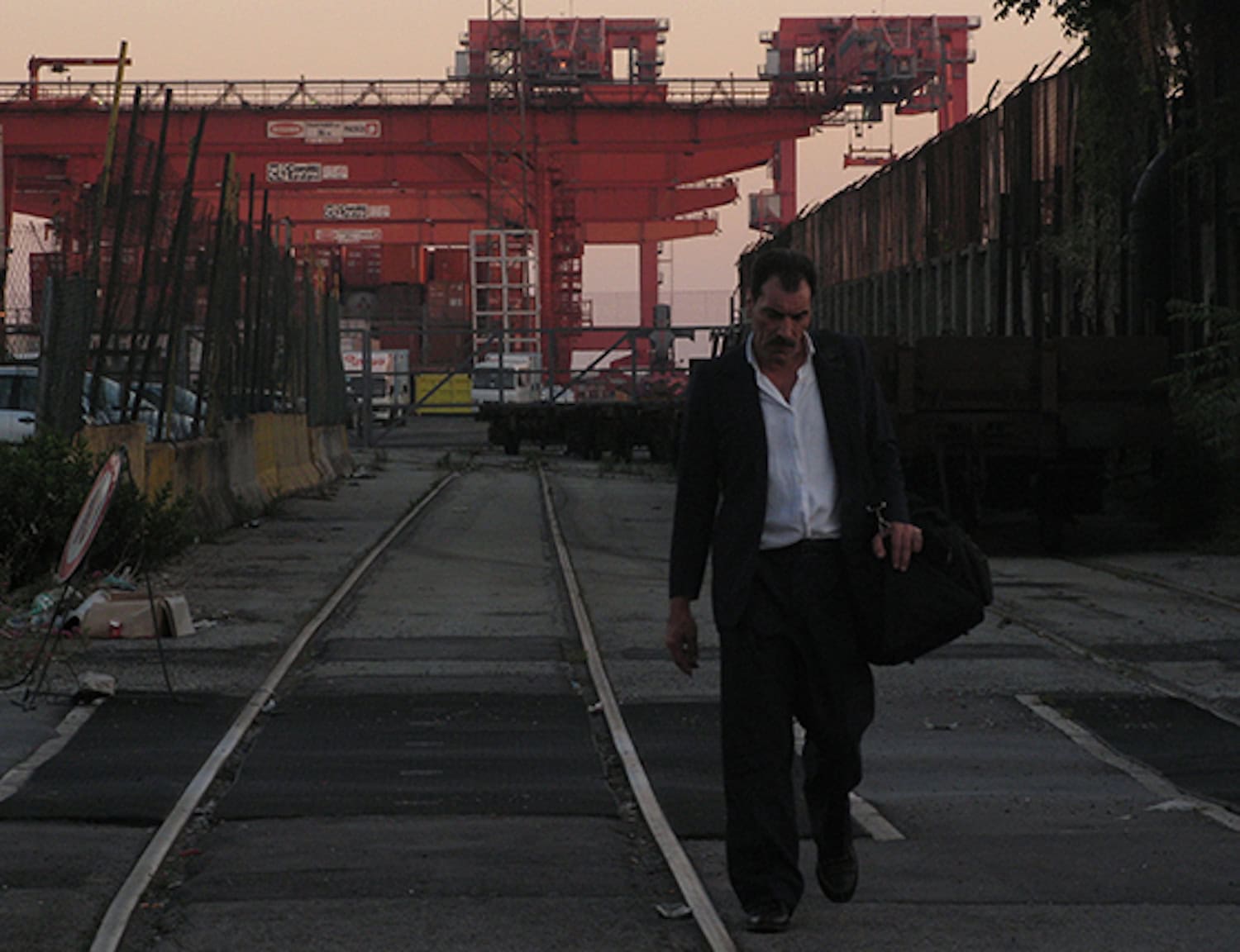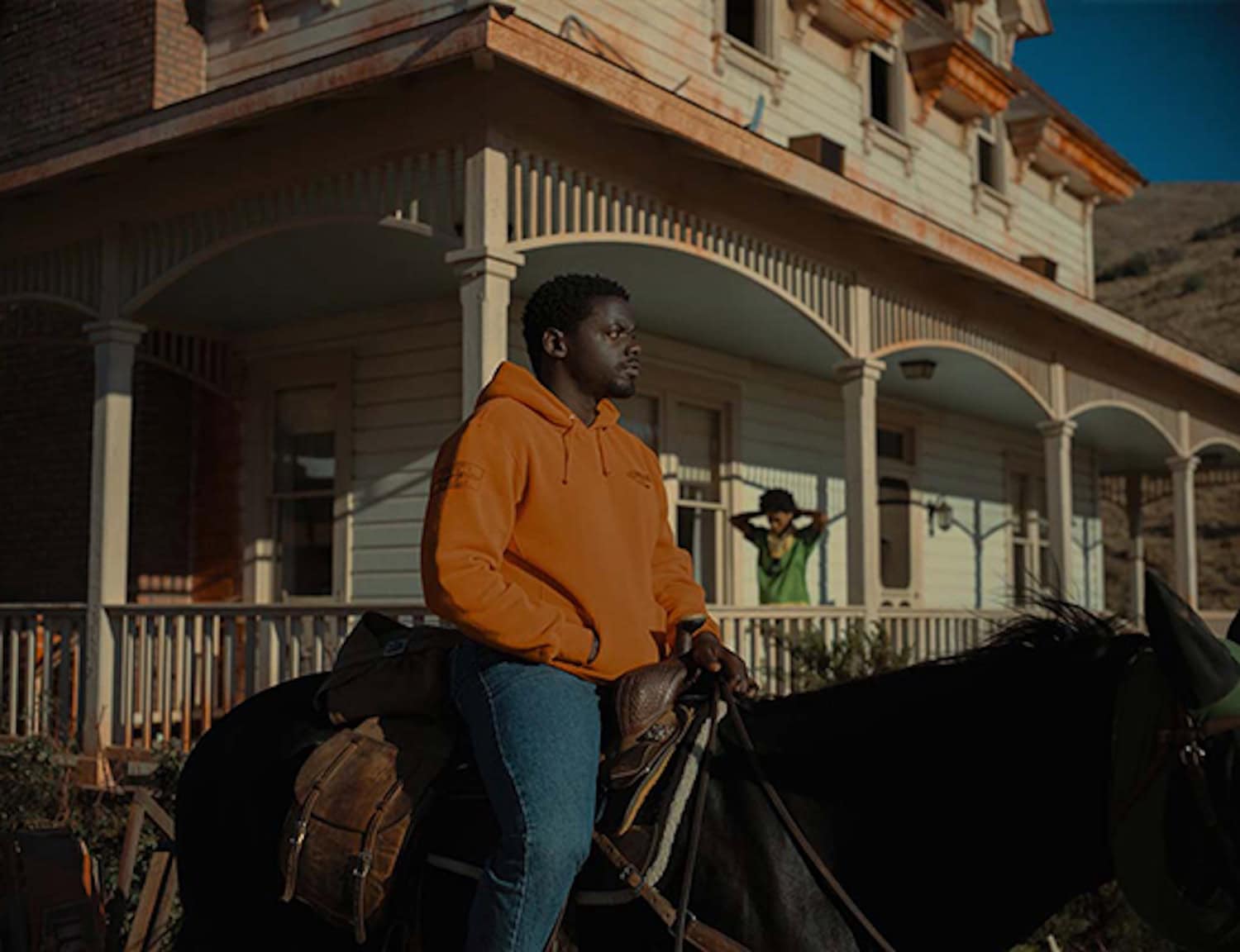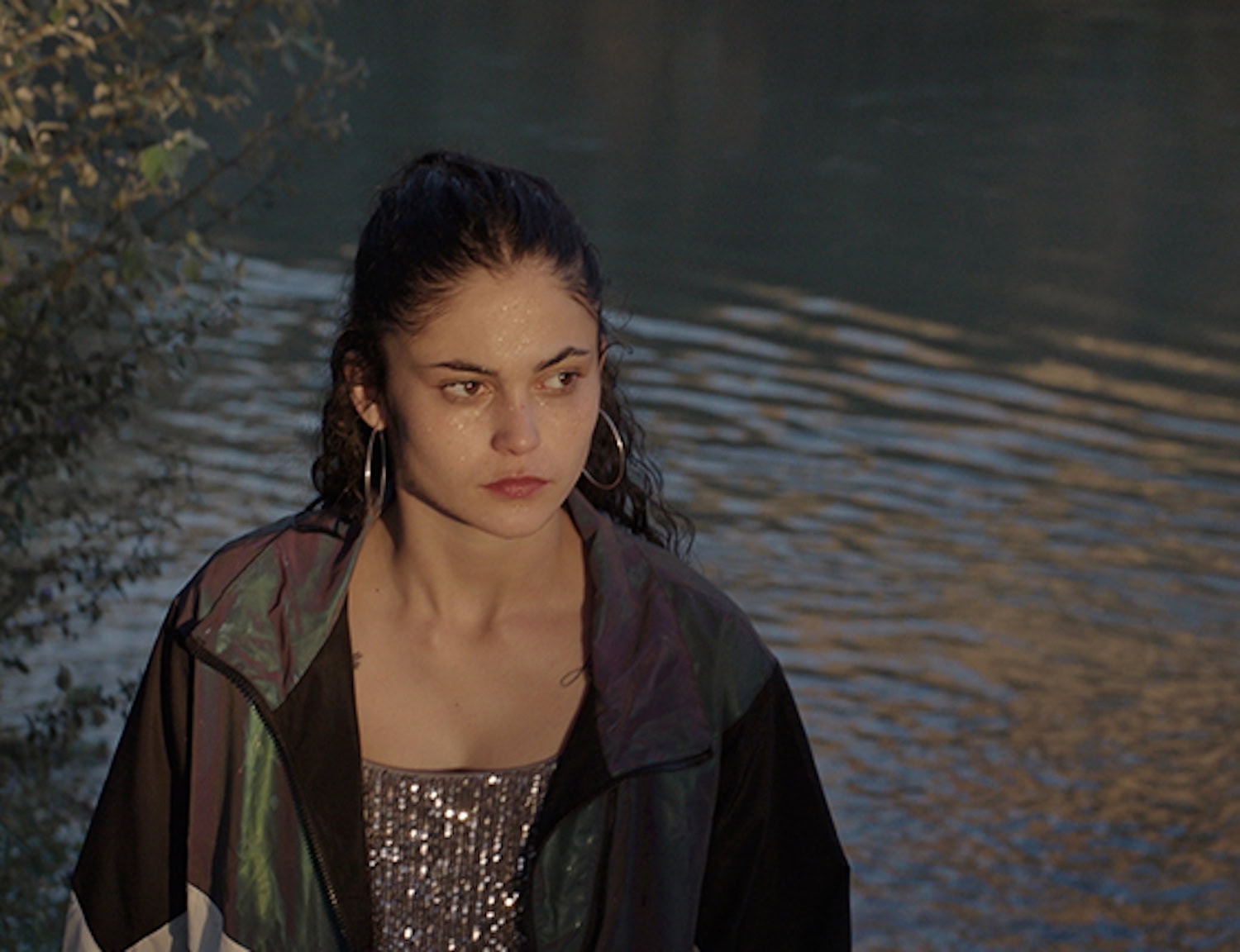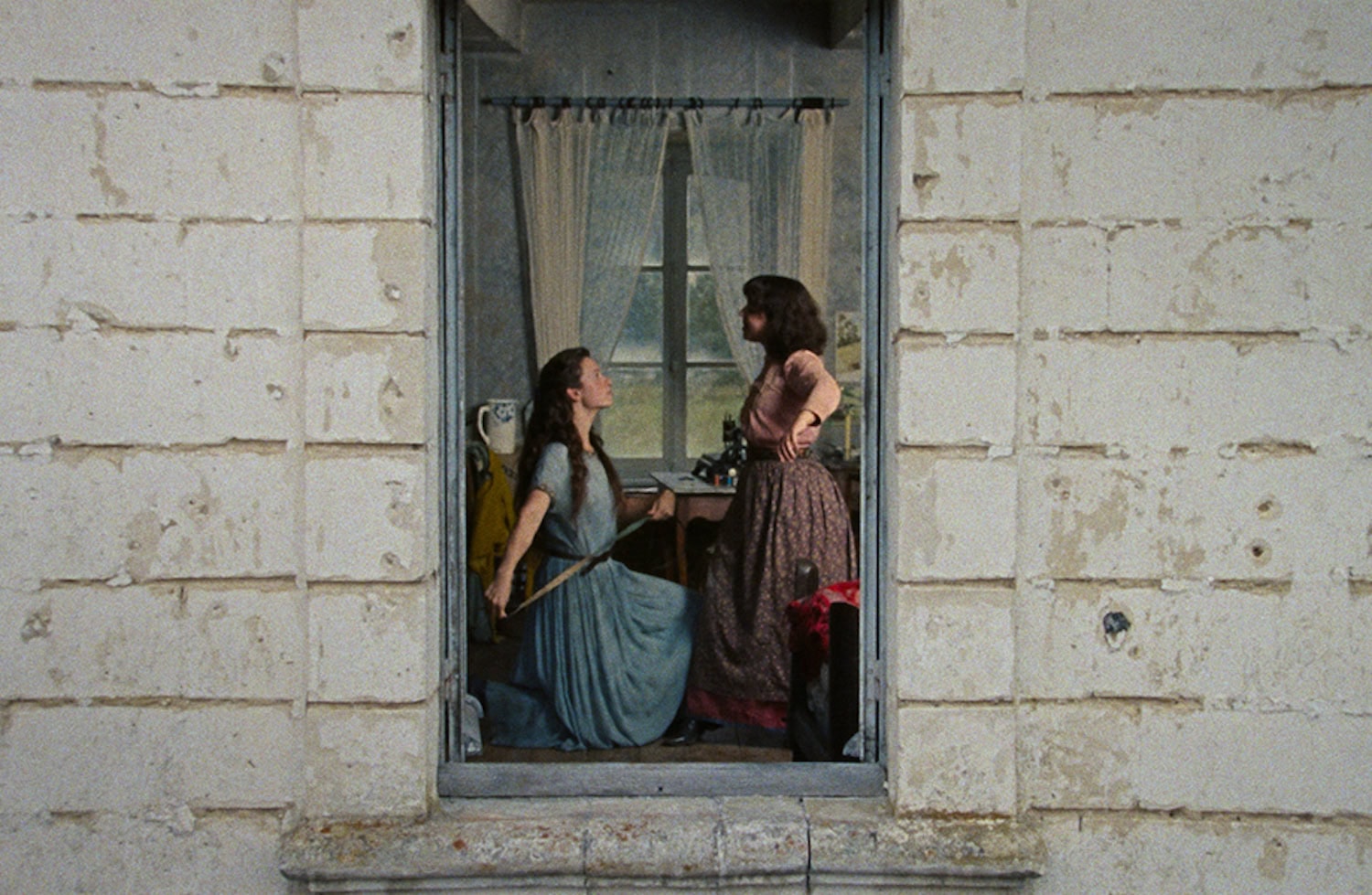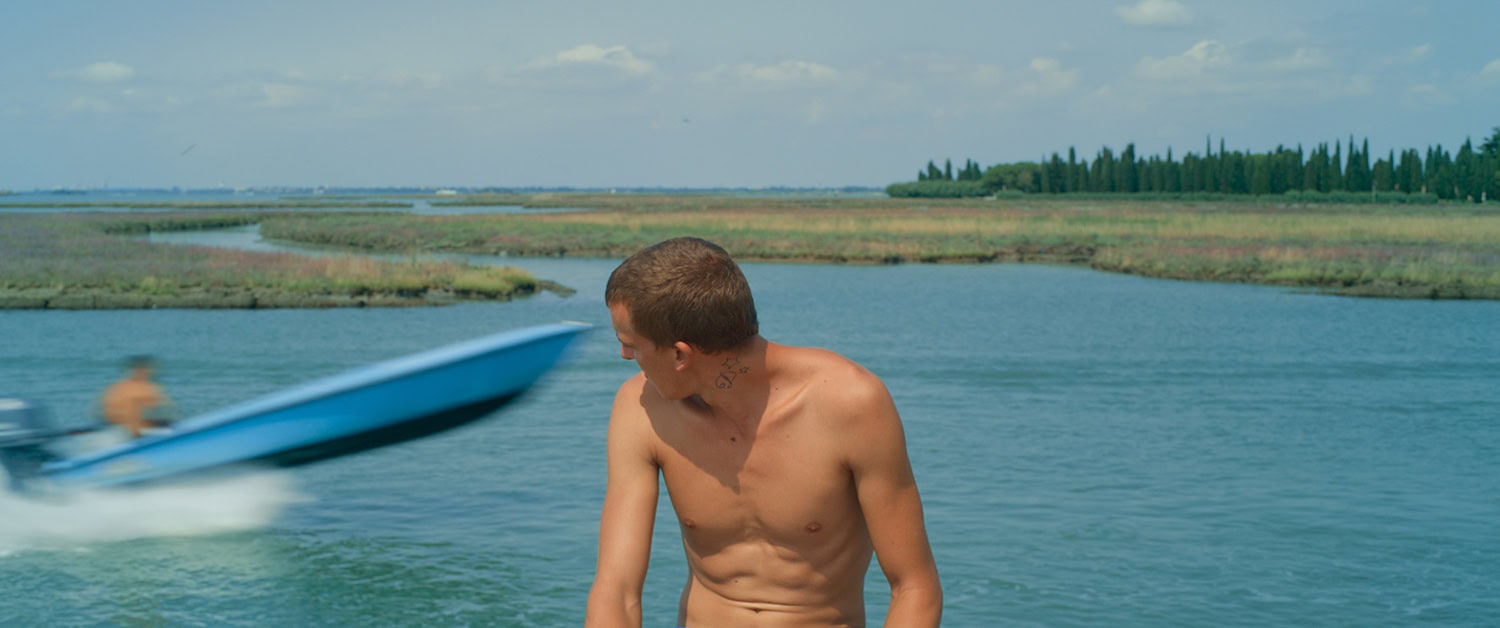A film opens at a cinema. A luminous rectangle is drawn in the darkness. Two worlds exist, and at that precise moment, we find ourselves exactly on the threshold that separates and at the same time joins them. Our world and that of the film. It is the moment to cross it.
This passage from one world to another is undertaken by the spectator long before the film itself begins. Before the screen, he meets another threshold, that of the cinema hall. A place where, historically, a collective experience based on a social encounter comes to life. A space in which a group of individuals becomes an organic nucleus, an audience, sharing the same behavior and knowledge. This is how cinema was born, as a common moment. With the multiplication of ways and techniques of fruition, the film experience on the one hand has expanded its boundaries, acquiring new forms. On the other hand, the centrality of the cinema hall and the specificity of the film screening have been lost. What, then, is the challenge for cinema today? Certainly, to reaffirm the importance of the collective experience, not so much above other and different types of fruitions, but as a unique alternative for its specificities. The experience of a film screening is, actually, not only a pastime but as livable as other visual arts-based activities, such as theatre or exhibitions. Following this thought, Fondazione Prada embodies the profound reflection on the function and significance of having a screening room within an institution dedicated to culture and the visual arts. Fondazione Prada’s commitment to reaffirming the cinema hall’s essential role in the city’s cultural and social context emerges particularly in the presentation of its new programming for February 2023. By opening its door to a multifaceted set of worlds, it allows a plurality of genres, productions, and eras to coexist within its cinema, welcoming and generating a dialogue with a heterogeneous audience. Presenting all the richness and diversity of film creation, the program is divided into several sections similar to those of a festival.
One of the recurring themes of the program is the constant dialogue between cinema and other visual arts or languages. Starting with the retrospective dedicated to Jean-Luc Godard, one of the most experimental figures in the film scene. Establishing a link with the permanent installation Le Studio d’Orphée, created in 2019 for the Foundation itself. By reproducing in the space his atelier in Rolle, Switzerland, which includes the original technical devices used in the making of his last films, but also personal objects, it becomes a place of discovery of Godard’s creative universe. The retrospective presents Godard’s entire filmography, from the beginning to the last works made using the devices exposed. As well as the “Studio” category, composed of works whose focus is the exploration of unprecedented contaminations between the language of cinema and other visual arts. The exploration of new territories begins with the films of Yuri Ancarani, an Italian artist whose works originate from a mixture of documentary and contemporary art. The dialogue continues between cinema and other languages with the “Nocturna” section, which investigates the universe of genre cinema, in collaboration with Nocturno magazine. Other collaborations are at the heart of “Queerelle”, with the MiX International Festival of LGBTQ+ Cinema and Queer Culture in Milan, which offers a monthly focus on contemporary queer cinema, historically a vector of formal and conceptual accelerations. While “Classics”, together with the Cineteca Nazionale, proposes restored versions of films that have marked the collective cinematic imagination. The memory of the past is juxtaposed with a constant gaze at the contemporary with “Supernova”, which reveals a new talent every month, and “Selezione”, which proposes the most significant films of current cinematic interest. “Soggettiva” is dedicated each month to the work of a different author, starting with director Pietro Marcello, on the occasion of the release of his new film L’envol. “Sonic” presents films that investigate and reveal the different declinations of the union between music and moving images. Finally, “Playtime”, the morning screenings dedicated to the youngest spectators. Showing every month indications of possible paths, Fondazione Prada’s Cinema is intended to be a guide to finding your way around, but also for getting lost in the infinity of possible worlds, which does not impose univocal paths or keys to interpretation. Inviting to an experience of free discovery, the program is open and constantly evolving, ready to welcome the unpredictable developments of contemporary cinema, without ever looking away from the cinema of the past. At the end of each journey, the luminous rectangle of the door closes, returning the spectator to the darkness of the room, the same from which it had picked him up at the beginning of the film. It is time to cross that threshold again.
